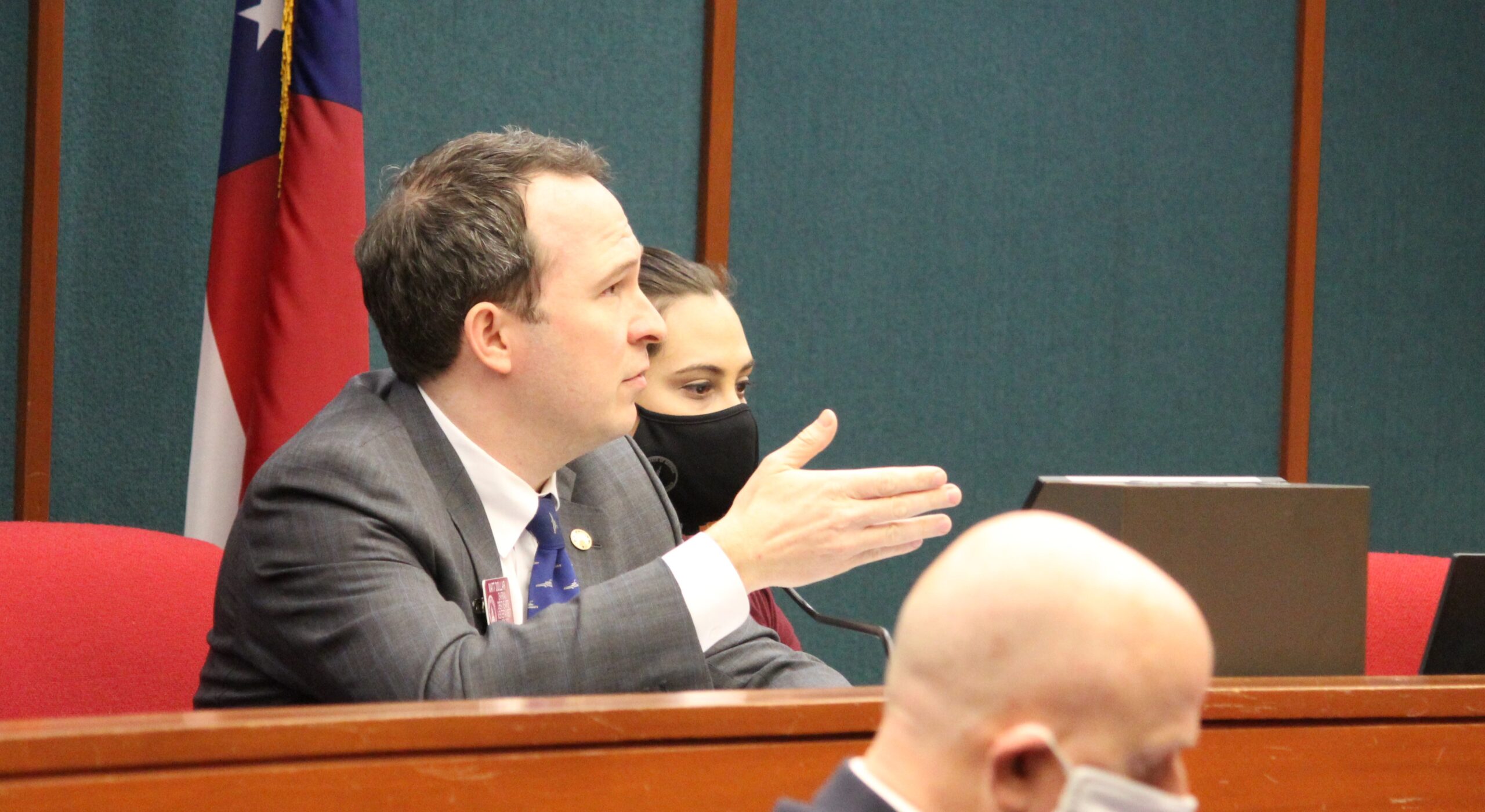A Charter Schools Primer

Martha Dalton/WABE News
Charter schools in general have been somewhat controversial in Georgia. But what is a charter school exactly?
Hear the broadcast version of this story.
Elisa Falco, a director with the Georgia Charter Schools Association, says the first thing you need to know is that charter schools are public schools. In Georgia, they usually operate on a 5-year contract. Falco says that means those schools have more flexibility, but also increased accountability.
“They have to meet certain performance objectives in the areas of academics, governance, as well as fiscal health,” she says. “So, in the fourth year, that’s reviewed and the authorizer determines if the charter should continue.”

There are two types of charter schools: start-ups and conversions. Conversions change existing schools into charters. Startups usually come from grassroots efforts to create new schools. That means they need to find and sometimes pay for space. Falco says that be a challenge.
“Startup schools are not part of any facilities plan,” Falco says. “The charter law does allow for unused, district-owned facilities to be leased to the charter school free of rent. So, there is a savings there that the law allows, but that’s if there is, you know, a surplus facility.”
Funding for charter schools has also been controversial. Charter schools earn tax revenue based on the number of students they serve. However, they have to pay back three percent of that money to their authorizer, either a district or the state commission.
Startup charter schools, however, are non-profit organizations. That allows them to accept direct donations from benefactors. They also hire their own staff and board of directors. The staff members at a conversion school are employees of the school district where the school is located.
9(MDAxODM0MDY4MDEyMTY4NDA3MzI3YjkzMw004))







